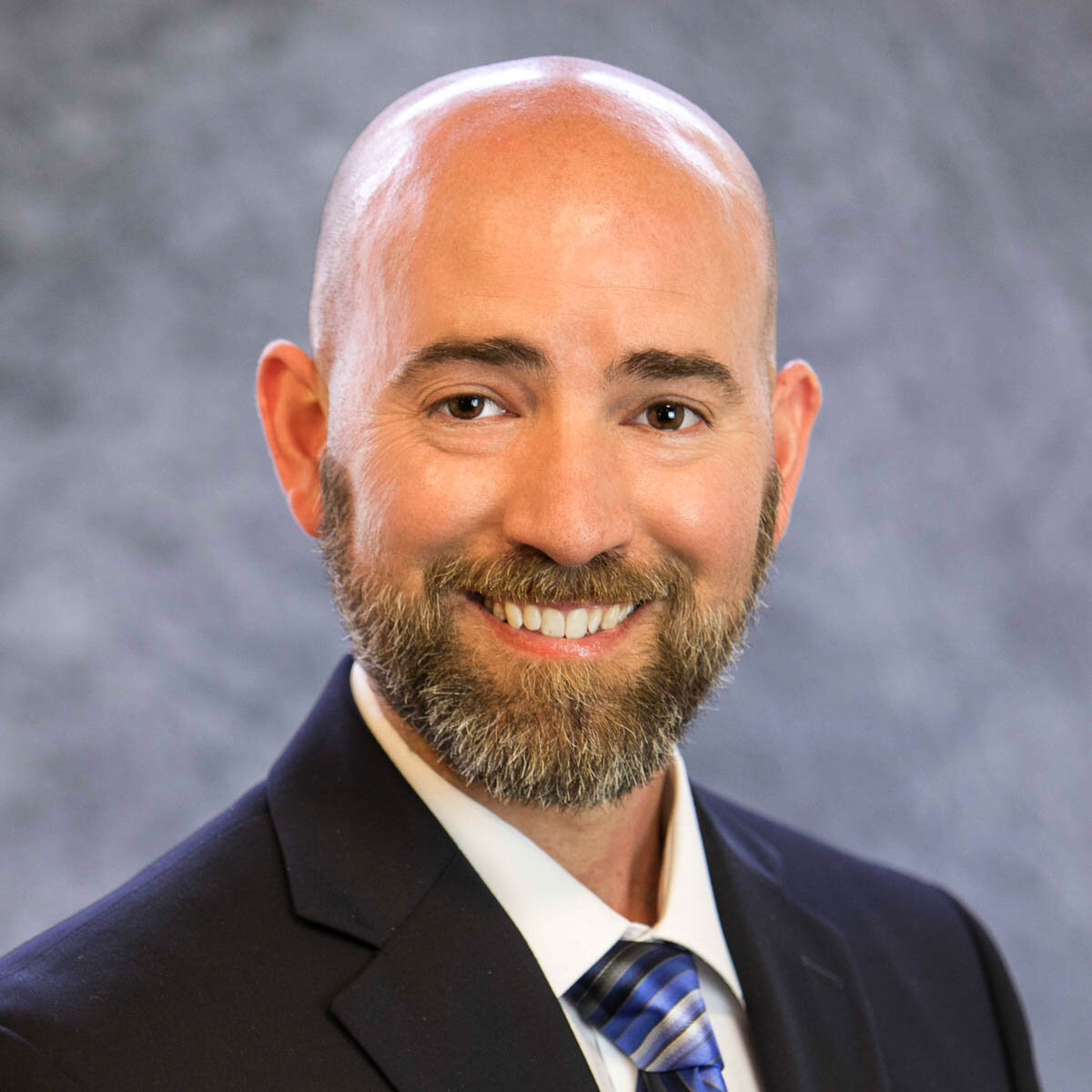Jason Mercier of the Washington Policy Center offers thoughts and a video on the need for emergency powers reform
Jason Mercier
Washington Policy Center
Washington state ranks among the bottom for states that provide legislative oversight of executive emergency powers. What’s Washington doing wrong? We explore the problem and need for reform in this new video:
In an emergency, governors need broad powers to act fast. Legislative bodies inevitably take longer to assemble and act than a single executive, so they temporarily delegate their power to the executive in emergencies. But these powers are supposed to be transferred for a limited period of time.

For example, in Wisconsin a state of emergency cannot exceed 60 days unless it is extended by a joint resolution of the legislature, and in Minnesota, a governor must call a special session if a “peace time” emergency lasts longer than 30 days.
When situations last for extended periods, longer term policies need to be implemented and the legislature needs to debate risks, benefits and trade-offs of various approaches. They may end up passing the very policies the governor would prefer to see implemented, but they do it after deliberation as representatives of the people and do it in a public process.
It’s the legislature, not the governor, that is charged with making law, and the governor who is charged with implementing the laws passed by the legislature.
Yet Washington state ranks among the bottom for states that provide legislative oversight of executive emergency powers. Why? The state bestows upon the governor the sole authority to determine when and where an emergency exists and when it ceases to exist. It’s hard to get the consent of the governed when the executive has become inaccessible.
In response to the pandemic, Washington allowed public construction during early restrictions but prohibited private construction. It allowed childcare centers to open but closed schools. It deemed big box stores as “essential” and kept them open while small businesses were ordered closed. Had the legislature been involved in creating policy it’s doubtful we would have seen these and other seemingly arbitrary policies and unlikely we would have been the 48th state to reopen.
Whether 14, 30, 45 or 60 days, at some point the executive branch should be required to receive permission from the legislative branch to continue making far-reaching policies under an emergency order. No matter how much you might agree with a governor, our system is not meant to be the arbitrary rule of one.
Jason Mercier is the director for the Center for Government Reform at the Washington Policy Center.
Also read:
Opinion: Don’t forget emergency powers reform as state re-opens






All I see here is you listing off things the Governor did to try to follow the recommendations of the CDC, WHO & other scientists. Which at times seemed to not quite make sense. That seemed to change as he got more information. Which is the kind of leadership you want during a global pandemic like hasn’t been seen since the early 20th century.
As a state have had 7256 deaths from covid-19. Alabama which has almost 2 million less population has had over 13k. Arizona which has about the same population has had 19,523 deaths from Covid-19.
Massachusetts which has almost equal population to Washington has had 19,513 deaths from Covid-19.
I have no doubt that If the legislators had been able to review or debate on the ongoing health crisis because of limitations on the Governors emergency powers we would be missing about 12,000 more citizens from our state.
As you have presented your argument here I see no logic or even a valid point in it. So thanks but no thanks.
So, then put it in the hands of the Democrat House & Senate? Good idea. LoL
By taking emergency power, you must assume responsibility. The death rates between red and blue states are not vastly different, and states that had extreme restrictions vs. lax are also not very different. The climate in these areas are different as well as population desity. Globally it can be seen as well the different results. Most are not vastly different from each other. However, the restrictions have a substantial economical price too. Other illnesses we weren’t treating have skyrocketed. Mental health issues have skyrocketed. Housing becoming a national crises. Crime is a problem. Who is taking the fall for everything else? Who taking responsibility for all the preventable death because politicians made it political.